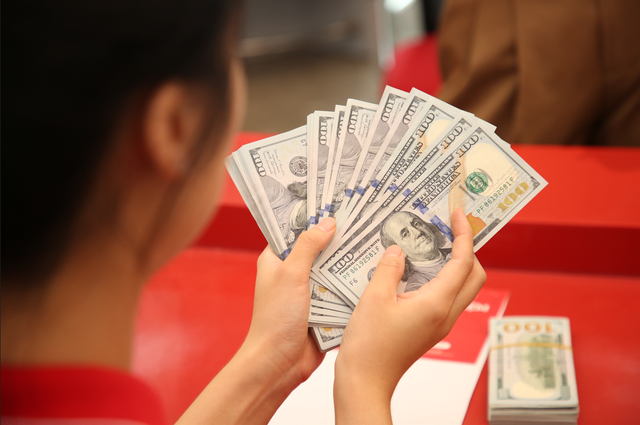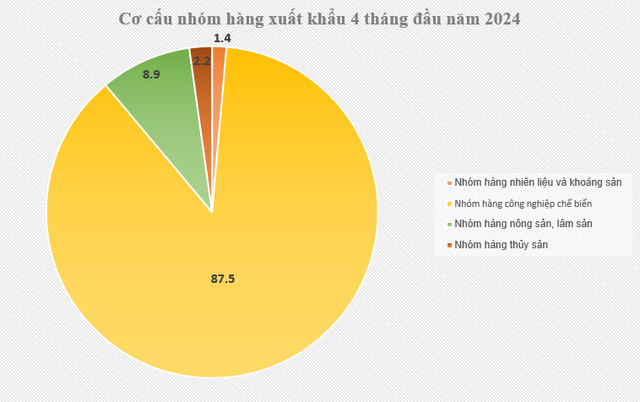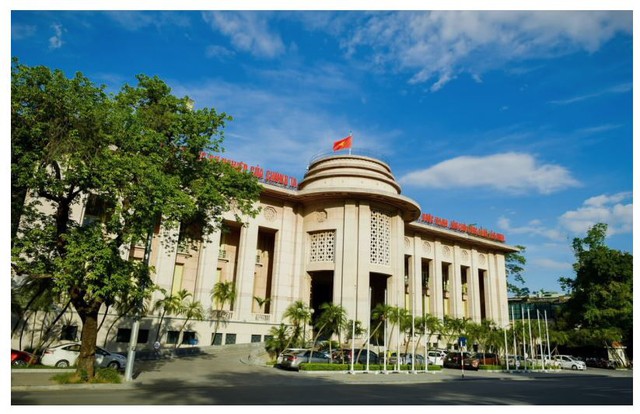
On December 27, it was observed in the unofficial market that the buying and selling price of USD continued to increase by about 50 dong compared to the previous day. Accordingly, the selling price of USD in the free market has reached a record level of 25,350 dong. The buying price has also reached 25,250 dong.
Contrary to the free market, the quoted USD price at banks cooled down today. Previously, on February 26, the USD price at some banks had risen above 24,850 dong, approaching the end-of-year peak in 2022 (nearly 24,900 dong).
Specifically, at Vietcombank, the USD price is currently quoted at 24,485-24,825 dong, a decrease of 15 dong compared to the end of yesterday. Similarly, the USD price at BIDV decreased by 50 dong to 24,495-24,805 dong.
Techcombank also adjusted down by 27 dong to 24,493-24,803 dong. ACB decreased by 50 dong to 24,500-24,800 dong.
The central exchange rate published by the State Bank today is 24,014 dong. With a fluctuation range of +/- 5%, the floor rate and ceiling rate applicable to commercial banks are 22,813-25,215 dong.
In the international market, the DXY index, which measures the strength of the US dollar against major currencies, decreased by 0.12% to 103.7 points. The US dollar decreased but still maintained a high price range as recent messages from US Federal Reserve (FED) officials almost confirmed the belief that the FED will not be able to reduce interest rates in the first half of this year, as inflation is still below their 2% target.
However, according to KBSV Securities, the domestic exchange rate still has many supporting factors against these pressures. Foreign currency sources are relatively abundant from FDI and remittances. In addition, SBV is likely to continue its loose monetary policy, accepting the exchange rate to increase moderately and will not intervene if there is no unusual fluctuation due to inflation still being within control, while the economy needs to continue to be supported for recovery. Therefore, the interest rate difference between USD and VND and the exchange rate risk of DXY will still be two risk factors putting pressure on the exchange rate, especially when political risks have not cooled down yet.





































